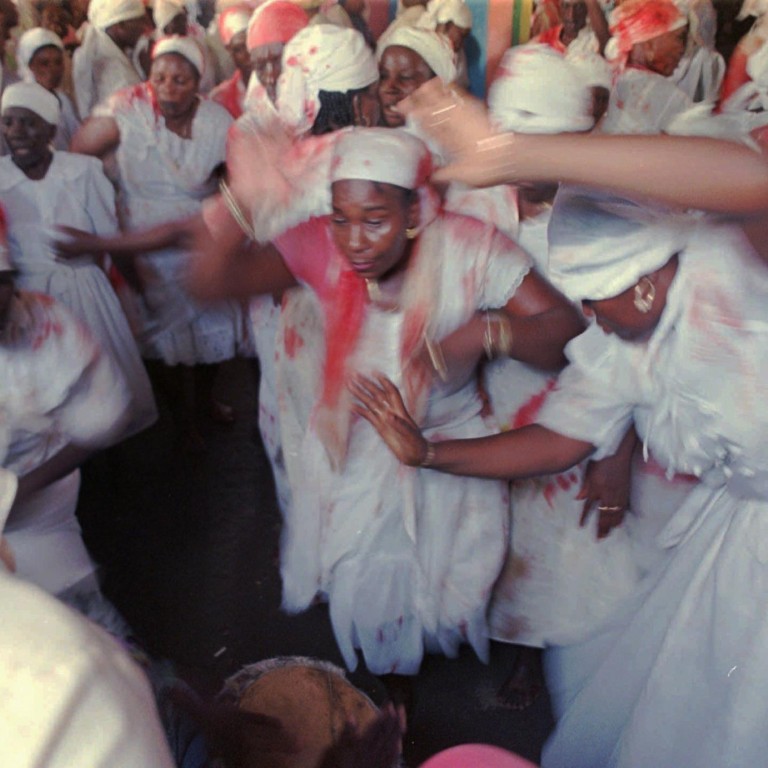
Voodoo is 'big social problem' for Haiti, says new Catholic cardinal
Haiti's first Catholic cardinal has described voodoo as a "big social problem" for the desperately poor country, arguing that the religion offers "magic" but no real solutions to a population deprived of justice and a political voice.
Haiti's first Catholic cardinal has described voodoo as a "big social problem" for the desperately poor country, arguing that the religion offers "magic" but no real solutions to a population deprived of justice and a political voice.
Chibly Langlois, who was made a cardinal by Pope Francis in February, linked Haiti's belief system to its political problems, which he says force poor Haitians - the overwhelming majority of a population of 10 million - to seek supernatural solutions.
"If a person is well educated and has the financial means, they will go to a doctor [instead of the voodoo priest] when they get sick. If that same person went to the court to get justice they would not go to the voodoo priest to get revenge. It's a big problem for the church. And for Haiti," he said.
About 80 per cent of Haitians are Catholic; roughly half the population also practises voodoo - though many do not do so in public.
"That's why voodoo ceremonies are conducted at night-time. They are ashamed to say they practise it," said Langlois.
Voodoo, which has its roots in west Africa's pantheist religions but incorporates images and rituals of Catholicism, has played a central role in Haitian society since before colonial times. A voodoo ceremony in August 1791 is said to have helped trigger Haiti's first big slave insurrection against the French colonisers. It was banned in 1934 and categorised as sorcery in the penal code.
In the 1940s Catholics in Haiti burned voodoo masks and drums in a series of "anti-superstition" campaigns.
Meanwhile, Hollywood popularised the fictional image of voodoo as a religion of zombies, devil worship and ceremonies involving wax dolls and pins.
Voodoo remained banned in Haiti until 1987, when a new constitution came into force, and it was not until 2003 that it was given legal recognition as a religion with equal standing to Catholicism.
But after decades of uneasy tolerance by the Catholic Church, Langlois declared that Haitians cannot follow both religions. "The church cannot - and does not - ignore the cultural elements and uses of voodoo, like the drum, the rhythm, the way of singing. But you can't be voodooist and Catholic. The Catholic should be pure Catholic; the voodooist should be pure voodoo," he said.
Richard Morse, a Haitian-American anthropologist and musician, whose mother was a voodoo priestess, described the cardinal's remarks as dishonest.
"If you want to talk about Haiti's ills, you've got to start with slavery, in which the Catholics were very involved. So I'm not sure what good comes of blaming the victim."
Morse also questioned the Catholic Church's right to prescribe for Haitians. "Voodoo was born in Haiti, of Haitians and it is our culture. Catholicism is imported and we respect it and embrace it but we also love the truth."
Langlois, 55, the youngest of Jesuit Pope Francis's recent crop of 19 cardinals, is seen to epitomise the Vatican's determination to refocus the church's attention on the poor.
He says it was this commitment to the poor that led him to broker negotiations between President Michel Martelly's administration and the opposition in an attempt to break political deadlock over the organisation of senate and local authority elections that are more than two years overdue.
